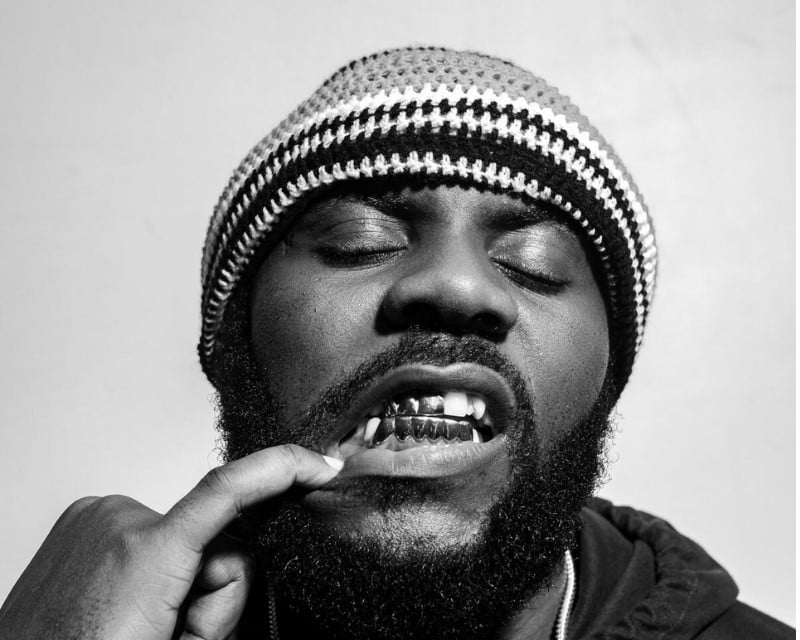The 17th Headies Awards, a prestigious ceremony celebrating achievements in the Nigerian music industry, witnessed a controversial incident involving rising rap star, Odumodublvck. During his acceptance speech, the artist’s microphone was abruptly cut off, an action he interpreted as a deliberate attempt to silence his expression of faith. Odumodublvck, known for his energetic performances and outspoken nature, contended that his microphone was muted because he was speaking about Jesus. He publicly contrasted this perceived censorship with a hypothetical scenario involving praise for Lagos State Governor Babajide Sanwo-Olu, suggesting that such politically aligned statements would likely have been met with uninterrupted broadcast. This provocative comparison fueled discussions about potential biases within the event’s organization and ignited a debate about freedom of expression within the entertainment sphere.
Odumodublvck’s response to the microphone incident further amplified the controversy. Rather than accepting the interruption, he remained steadfast on stage, refusing to relinquish his moment of recognition. This act of defiance, witnessed by the audience and viewers at home, pressured the organizers to reinstate his microphone. The artist’s refusal to be silenced transformed a potentially embarrassing technical glitch into a powerful statement about his convictions. Upon regaining access to the microphone, Odumodublvck reiterated his faith, proclaiming “Jesus is King. He is before, now, and forever.” This declaration, delivered with unwavering conviction, resonated deeply with his fanbase and ignited further discussion about the role of faith and freedom of speech in public platforms.
The incident quickly spread across social media, generating a wave of reactions from fans and onlookers. Many voiced support for Odumodublvck, condemning the Headies organizers for perceived disrespect towards the artist and his beliefs. They viewed the act of muting his microphone as an attempt to suppress religious expression, raising questions about the event’s commitment to inclusivity and freedom of speech. Some commentators drew parallels to historical instances of censorship, arguing that Odumodublvck’s experience highlighted the ongoing struggle for artists to express their beliefs freely without fear of reprisal.
Conversely, another segment of the audience interpreted the incident differently. Some argued that award acceptance speeches should primarily focus on acknowledging professional achievements and thanking relevant individuals, rather than serving as platforms for religious proclamations. They suggested that Odumodublvck’s focus on his faith might have been perceived as diverting attention from the purpose of the event and potentially excluding audience members with different beliefs. This perspective sparked discussions about the appropriate boundaries of religious expression in public forums and whether Odumodublvck’s actions were appropriate within the context of an awards ceremony.
Furthermore, the controversy raised broader questions about the relationship between artists, award shows, and the expression of personal beliefs. Some commentators argued that award shows, as public platforms, should uphold principles of free speech and allow artists to express their perspectives, regardless of whether those perspectives align with mainstream views. Others countered that award shows have the right to set parameters for acceptable speech during their broadcasts, particularly considering the diverse audience they reach. This ongoing debate underscores the complexities of navigating freedom of expression within structured events and the potential for clashes between individual beliefs and institutional guidelines.
Odumodublvck’s unwavering commitment to expressing his faith, even in the face of perceived censorship, underscored his dedication to his beliefs. His actions resonated with many who viewed his defiance as a testament to the importance of standing up for one’s convictions. The incident served as a reminder of the power of individual expression, even within the constraints of a highly publicized event. While the incident sparked controversy and divided opinions, it undeniably brought the intersection of faith, freedom of expression, and entertainment into sharp focus, prompting critical conversations about these complex issues within the Nigerian music industry and beyond.














